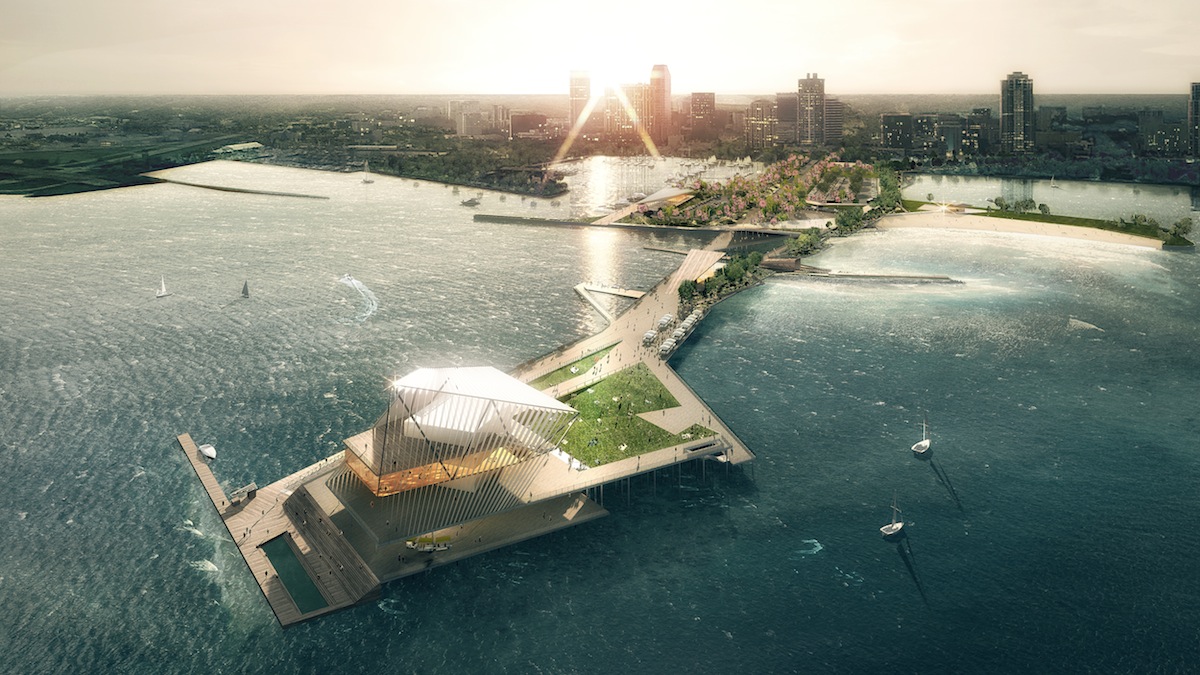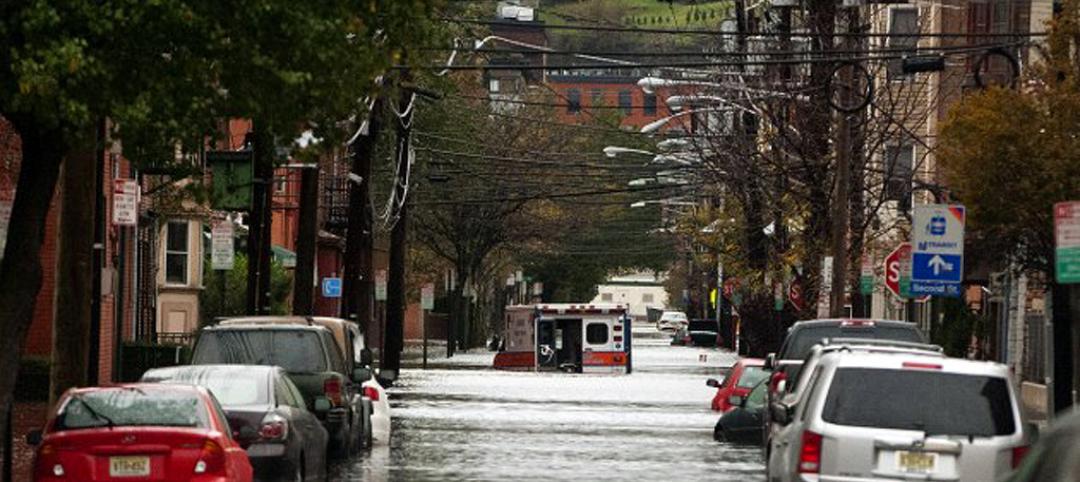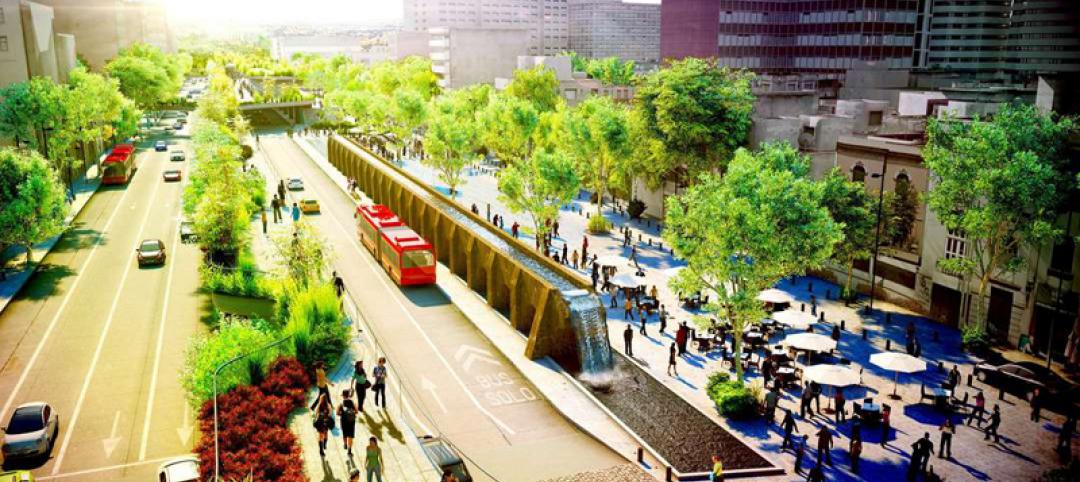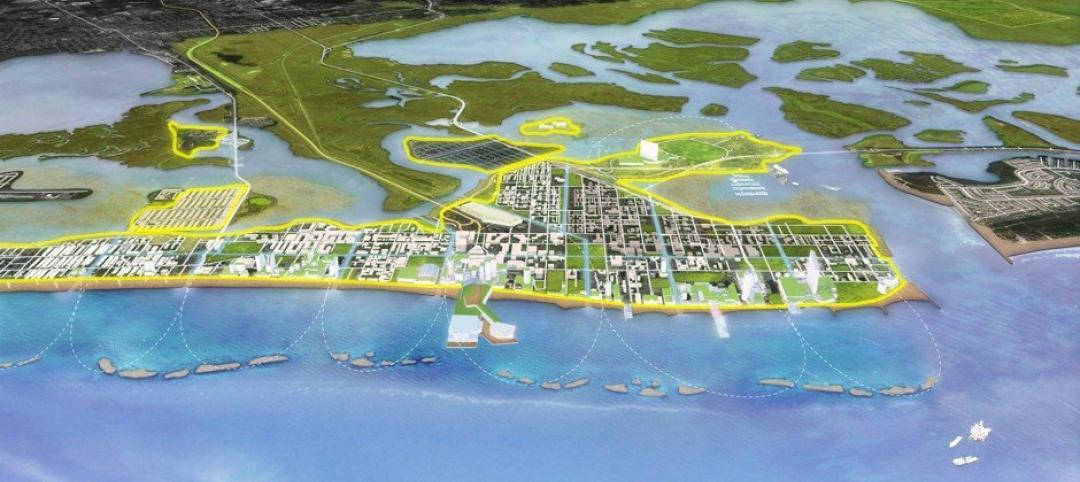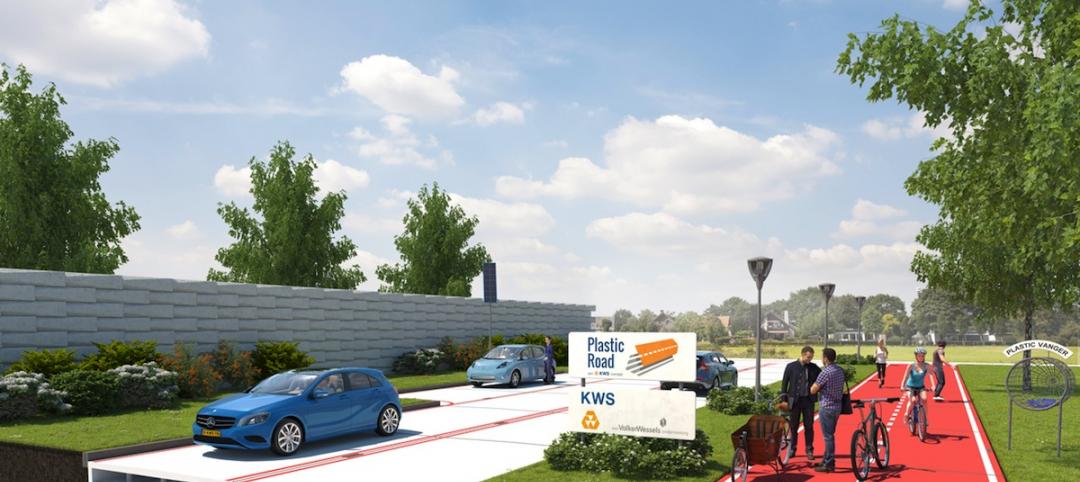St. Petersburg, Fla.'s city council today formally approved funding and contracts for the redesign of the city’s iconic landmark, the St. Petersburg Pier.
During the meeting, $5.2 million was approved for the finalized design, demolition of the current pier, and initial contracting services. The council approved $1.1 million to finalize design details and another half-million to fund pre-construction work. Demolition work is expected to be completed by the end of the year.
On May 9, the city selected the new pier’s design, a collaborative effort between Rogers Partners (lead designer), ASD (executive architect), and Ken Smith Landscape Architect.
The team's design honors the pier’s eclectic history and transforms it into a 21st-century public place. It extends the urban and recreational features of St. Petersburg into the bay itself. It also reconnects the pier to the daily life of St. Petersburg, tying into the city’s transportation and recreation systems—bike paths, jogging trails, parking location, and public transit systems—as well as new transport options like the Looper Trolley and a potential high-speed ferry.
“To accomplish the vision for a new and revitalized pier,” said Robert M. Rogers, Founder of Rogers Partners, “we are creating a place that embraces the dual role of the pier as both an icon for the city and an integral part of the St. Petersburg Waterfront—a place for tourists and everyday visitors alike, one that honors the pier’s robust, eclectic history while transforming it into a 21st-century public place.”
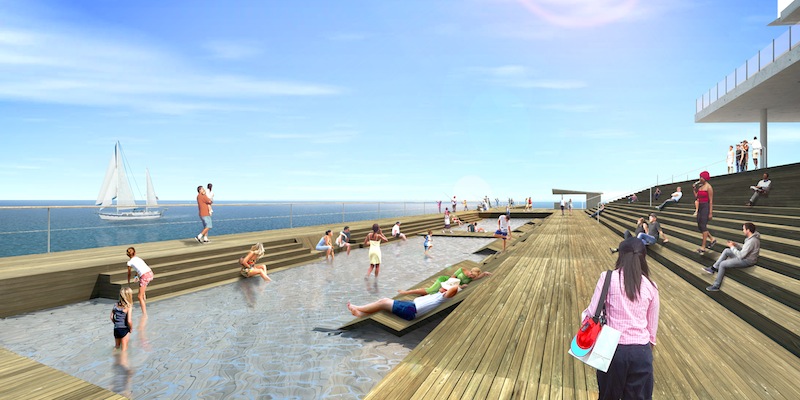
Rather than a singular and heavily programmed destination at the pier head, The Pier Park will be a platform for a multitude of smaller and more flexible programs and experiences for both tourists and the local community—from children to seniors, nature lovers to boaters, fishermen to fine diners. It will serve as a hub for activity, not only at the pier head, but all along its length.
The St. Petersburg Pier has been an essential icon in the city since the late 1800s. Throughout its history, it has existed in many forms—the original and highly successful Railroad pier of 1889, the Electric pier, the Municipal pier, the Million-Dollar pier, and finally the most recent iteration, known simply as “The Pier.”
“Each of the pier’s past incarnations had its own set of programs and uses, some more ambitious than others,” commented John Curran, Studio Leader at ASD and Lead Project Manager for the new pier. “The ones that succeeded appealed to both visitors and residents, and were active day and night, throughout the year. This flexibility was essential to our approach to the new design.”
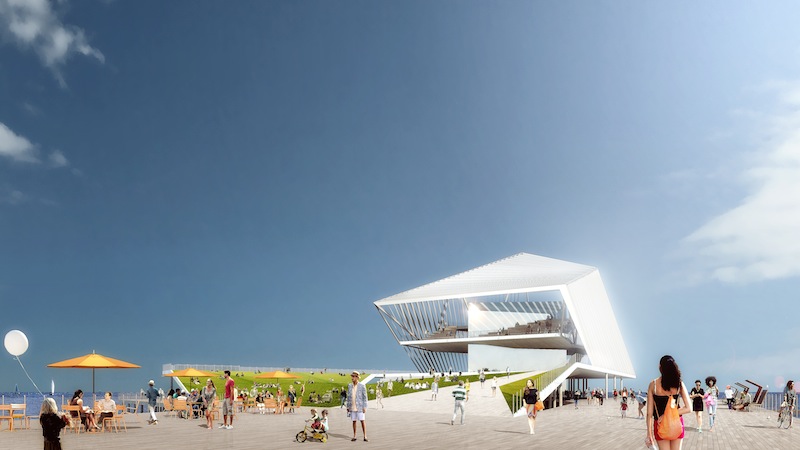
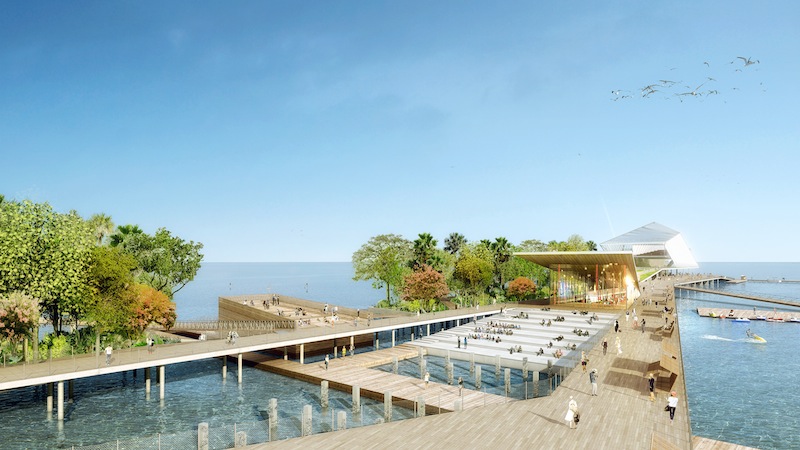
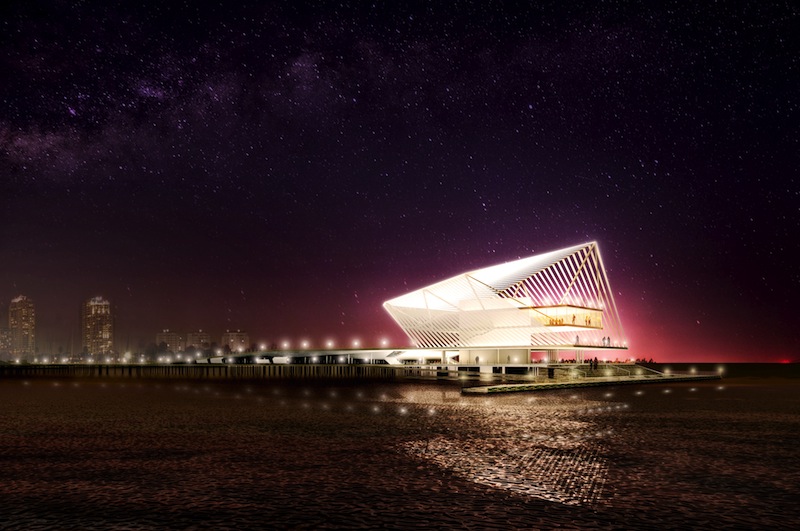
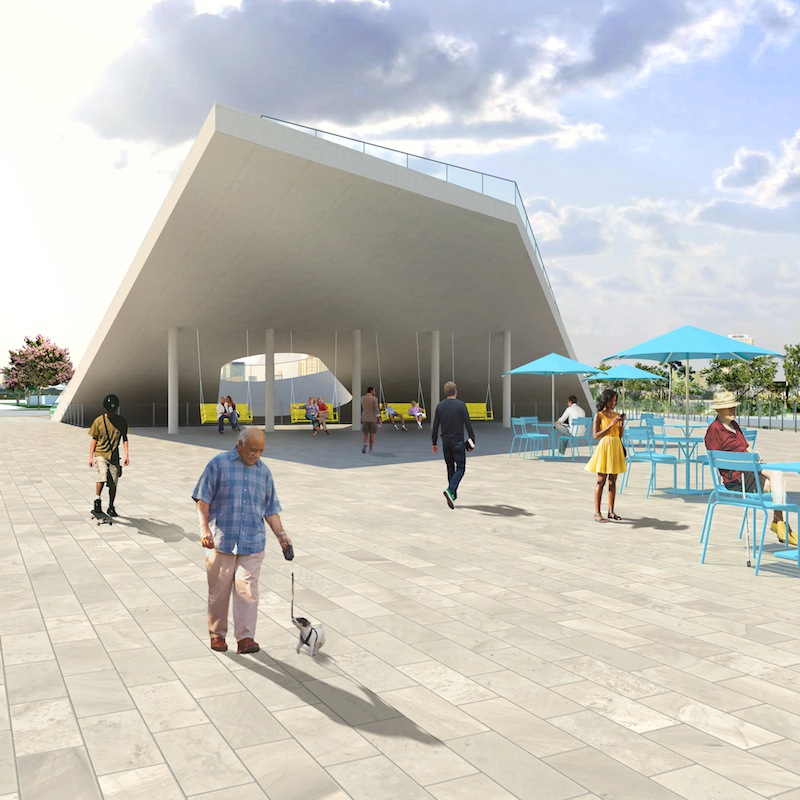
Related Stories
Smart Buildings | Sep 28, 2015
Architects Foundation issues first annual report on National Resilience Initiative
The report, which includes the work of three schools, examines how architects work with communities through the National Resilience Design Network.
Smart Buildings | Sep 4, 2015
New York City allots $100 million for storm resiliency infrastructure in lower Manhattan
Part of $20 billion plan for the city.
Smart Buildings | Aug 26, 2015
Under, over, through: Reinventing spaces under elevated infrastructure
Activating the areas beneath elevated highways, rail lines, and freeways can create unique environments, writes SmithGroupJJR's Valerie Berstene.
Smart Buildings | Aug 21, 2015
Federal Alliance for Safe Homes offers plan to strengthen codes for disaster resilience
Some states losing ground on resilience, group says
Cultural Facilities | Aug 19, 2015
Proposed “High Line” in Mexico City pays homage to Aztec aqueduct
Plans for Mexico City’s elevated park include an amphitheatre and al fresco cafés.
Smart Buildings | Aug 5, 2015
8 cities win Bloomberg's 'open data' award
The competition, called "What Works Cities," promotes innovation in city government by making the massive amounts of city operations data more publicly accessible to better improve issues like job creation, public health, and blight.
Smart Buildings | Jul 27, 2015
Perkins+Will imagines new opportunity for Atlantic City
The architecture giant believes it has a solution that could put Atlantic City’s existing infrastructure to good use—by turning the Jersey Shore city into a research center for climate change and coastal resiliency.
Green | Jul 27, 2015
MUST SEE: Dutch company to test using plastic waste for road construction
KWS Infra is piloting a program to make roads from plastic garbage, including bags and bottles extracted from the ocean.
Smart Buildings | Jul 12, 2015
Office of Management and Budget asks agencies to consider climate change when budgeting for construction projects
For the first time, the U.S. Office of Management and Budget is asking agencies to submit budget plans that consider the effects of climate change on construction and maintenance of federal facilities.
BIM and Information Technology | Jul 1, 2015
World’s first fully 3D-printed office to be produced in Dubai
A 20-foot-tall printer will be needed for the project, spewing out construction material consisting of special reinforced concrete, fiber reinforced plastic, and glass fiber reinforced gypsum.


